Language is a powerful tool that shapes our perceptions and interactions with others, and it’s also influenced by the culture and politics of the day. As time moves on and new generations grow up, some original meanings of words and phrases can get lost in translation, including phrases whose origins have a dark, offensive meaning. In fact, many common phrases that we use today carry historical baggage that perpetuates racial stereotypes and prejudices. Let’s take a look at 18 phrases that you might not realize are offensive.
“Uppity”

While a seemingly innocent way of describing someone as arrogant or self-important, “uppity” was historically aimed at Black individuals who were perceived as not knowing their “place” in society.
“Hip Hip Hooray”

You might know this phrase as a celebratory cheer which is often chanted as someone blows out their birthday candles, but it has a problematic past. This phrase was historically used during anti-Semitic rallies in Europe during the Hep-Hep riots of the 19th century, but very few people today are aware of the connection and use it with innocent intentions.
“Long Time No See”

While this phrase sounds like a seemingly innocuous way to greet someone you haven’t seen in a while, it actually originated from mocking the broken English of Native Americans, reflecting a dismissive, derogatory attitude towards their language and culture.
“Paddy Wagon”
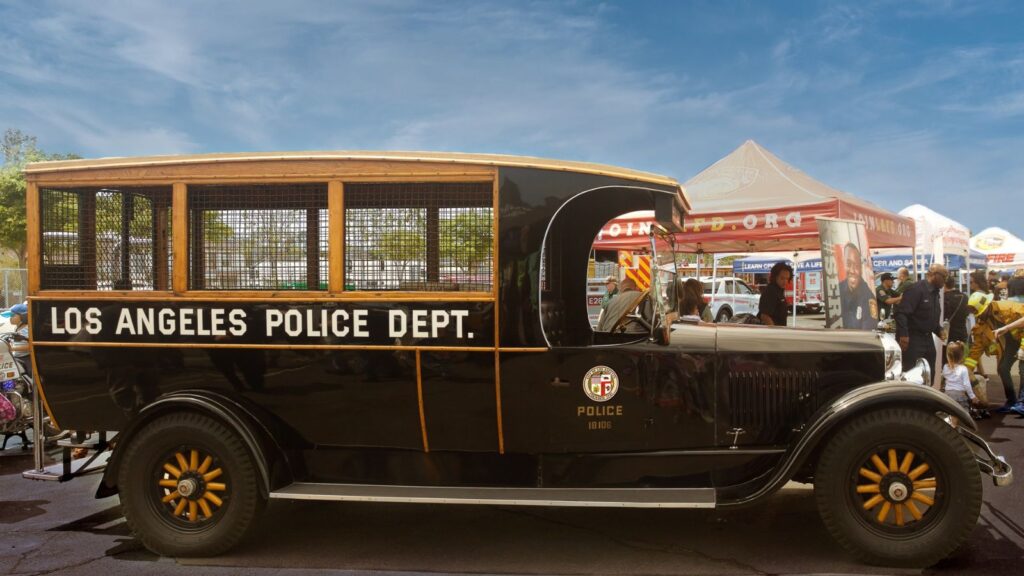
The term “paddy wagon” is often used to refer to police vans, and this term is rooted in anti-Irish sentiment, with “Paddy” being a derogatory term for Irish people. It’s no secret that large numbers of Irish people emigrated to America during the 18th and 19th centuries. During this time, they faced discrimination and were often labeled as “drunks and troublemakers.” It was claimed that police wagons were mainly full of unruly Irish immigrants, or “paddy’s,” hence the term “paddy wagons.”
“Peanut Gallery”
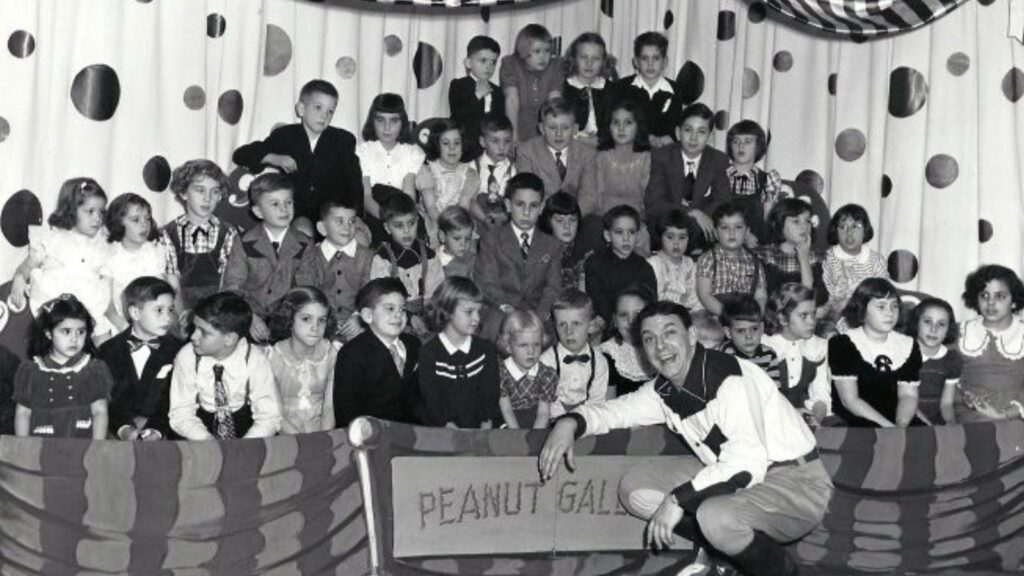
Originally used to refer to the cheapest and rowdiest seats in vaudeville theaters, “peanut gallery” is rooted in racial discrimination. It was often used to describe the seats where African American patrons sat, linking them to disruptive behavior.
“Cannibal”
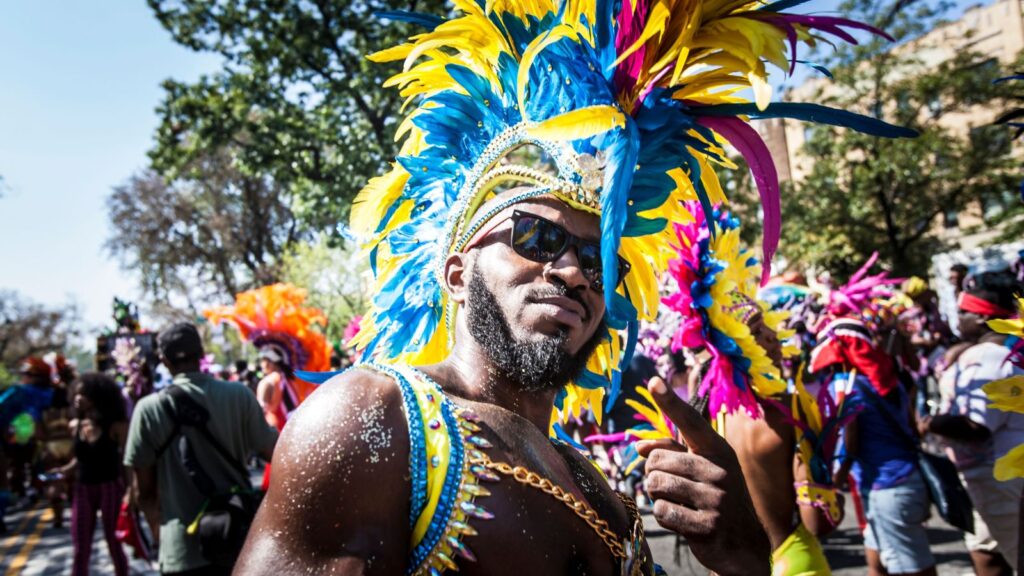
The term cannibal comes from the Spanish word “canibalis,” which was Christopher Columbus's version of the word “Carib,” a term used by the Carribean people to describe themselves, meaning “brave one.” But, with time, something got lost in translation, and this word became synonymous with someone who eats human flesh. The term was also used as a derogatory reference and has roots in colonial attitudes that dehumanized Indigenous peoples by labeling them as barbaric, uncouth, and uncivilized.
“Eskimo”
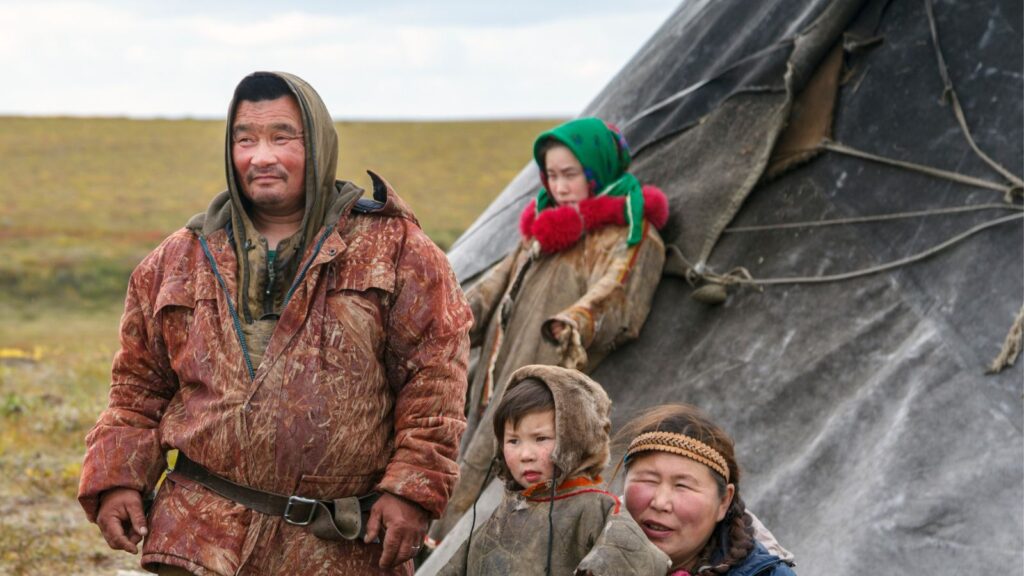
Though commonly used to describe Indigenous peoples of the Arctic, “Eskimo” is considered derogatory by many, who prefer to use more respectful terms like “Inuit” or “Yupik.” According to the Alaska Native Language Centre, this term is thought to come from the French word “Esquimaux,” meaning one who nets snowshoes. This refers to the unique way that Inuit people build snow shoes with wide nets under their feet to help them walk through the snow. This is viewed as a very basic and demeaning way to refer to individuals from the Inuit culture.
“Off the Reservation”

You might have heard this term used jokingly to describe someone who is acting out of control, but it originally referred to Native Americans leaving the lands that were assigned to them by the U.S. government, and it was often used contemptuously to infer they were breaking “the law,” so it carried accusatory, and criminal undertones. But it is now being recognized as a racial slur.
“Cat Got Your Tongue”
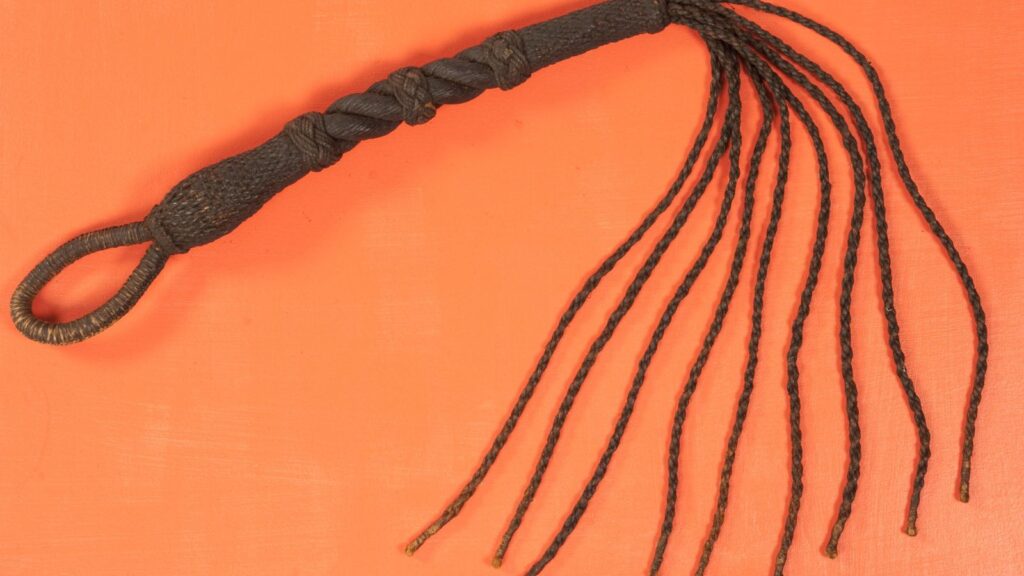
While it might seem like a harmless query about someone being speechless, it traces back to the British Navy’s cat-o’-nine-tails whip, which was a brutal form of corporal punishment that would leave victims in too much pain to speak. It consisted of a log stick of wood, with several long whip-like ropes that each had several knots in them, which were designed to lacerate the victim's skin, causing a great deal of injury and, as you can imagine, pain.
“Spinster”
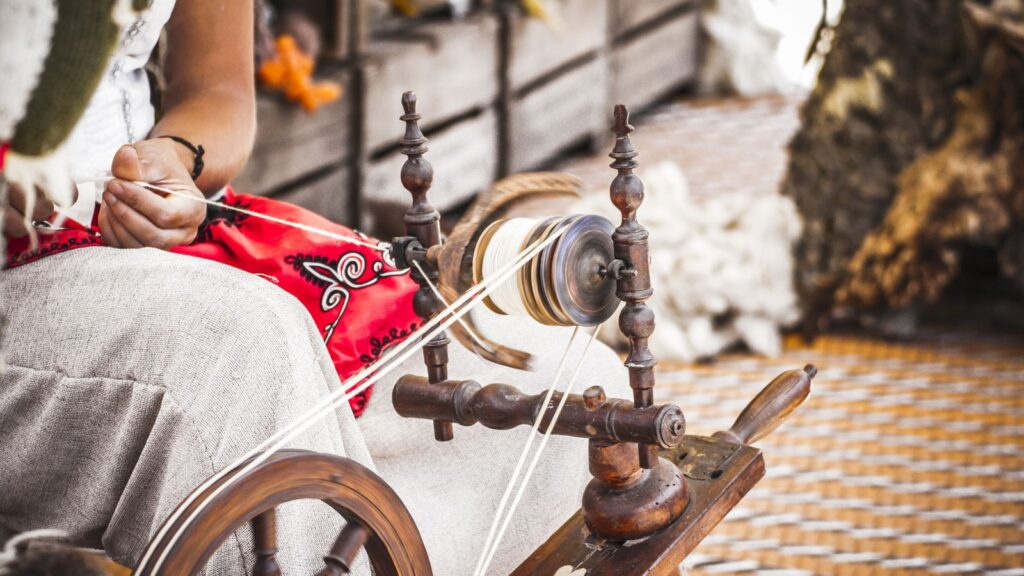
Not many people use this term now, as awareness about its offensive nature has greatly increased. But this term was once used to describe a woman who spins thread, and over time, it evolved to refer to an unmarried woman, often with negative connotations about her worth in society.
“No Can Do”

Again, this phrase seems so harmless and almost like a playful way of saying no, but similar to “long time no see,” this phrase mimics the speech patterns of Chinese immigrants in America in a derogatory way, reinforcing negative, demeaning stereotypes.
“Gypped”
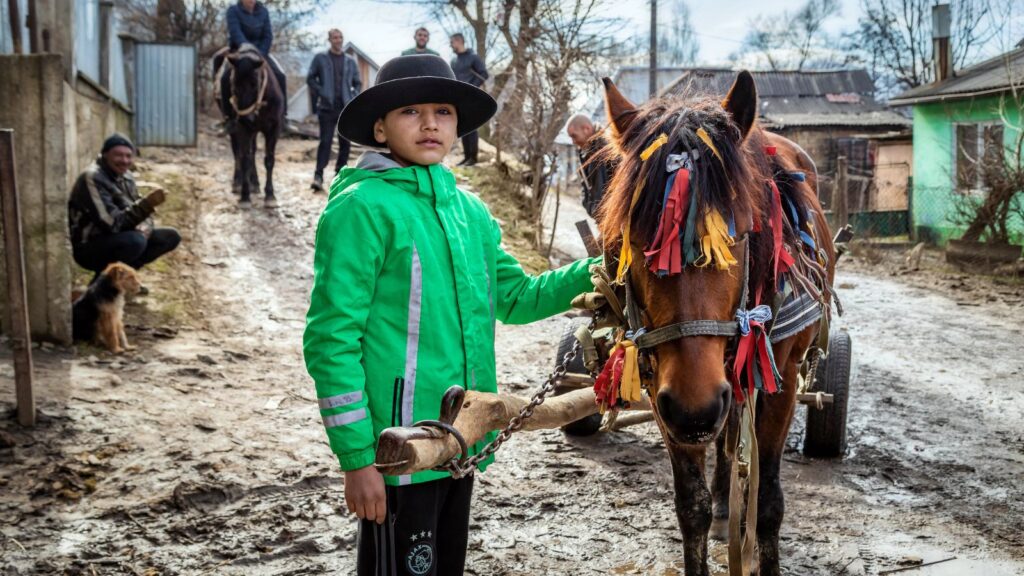
This derogatory term for being cheated comes from the stereotype that Romani people, pejoratively called “Gypsies,” are swindlers, robbers, and liars, which is, of course, an incredibly offensive generalized slur against an entire culture of people.
“Grandfather Clause”
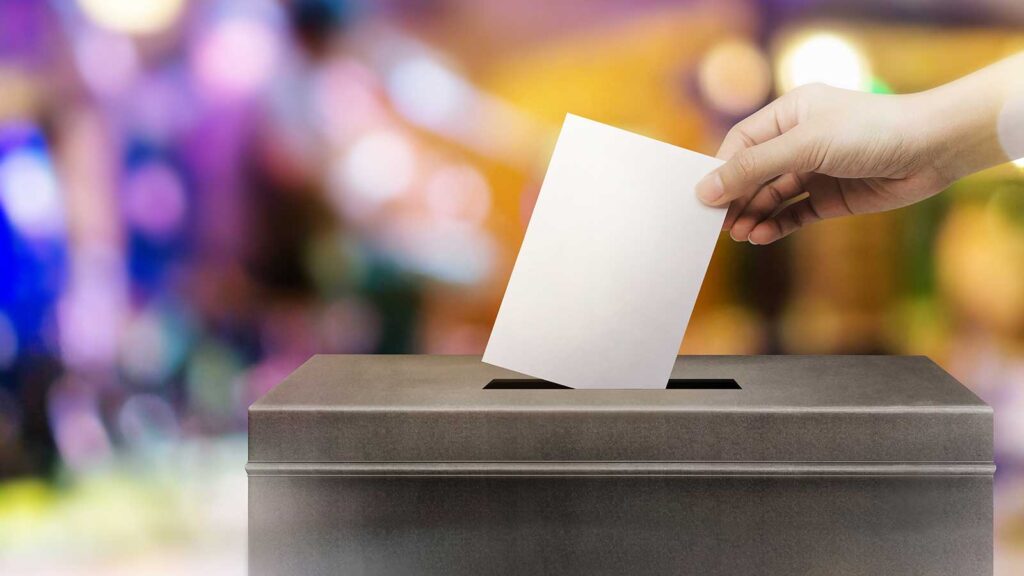
This term dates back to post-Civil War America, and it refers to laws that allowed white citizens to bypass literacy tests and taxes required for voting if their grandfathers had voting rights, effectively disenfranchising Black voters.
“Call a Spade a Spade”

Though the original meaning of this phrase is to speak plainly, during the Harlem Renaissance, it took on racial connotations and was used as a derogatory way to refer to Black people.
“Eenie, Meenie, Miny, Moe”

Originally, this children's rhyme included a racial slur, which has largely been replaced by the word “tiger.” However, the original terminology was profoundly racist and offensive, and the entire rhyme still holds negative connotations for this reason.
“Hooligan”

Derived from a stereotypical Irish name, “Hooligan,” this term reflects the deeply negative biases that existed in the US against Irish immigrants who were often labeled as troublemakers.
“Sold Down the River”
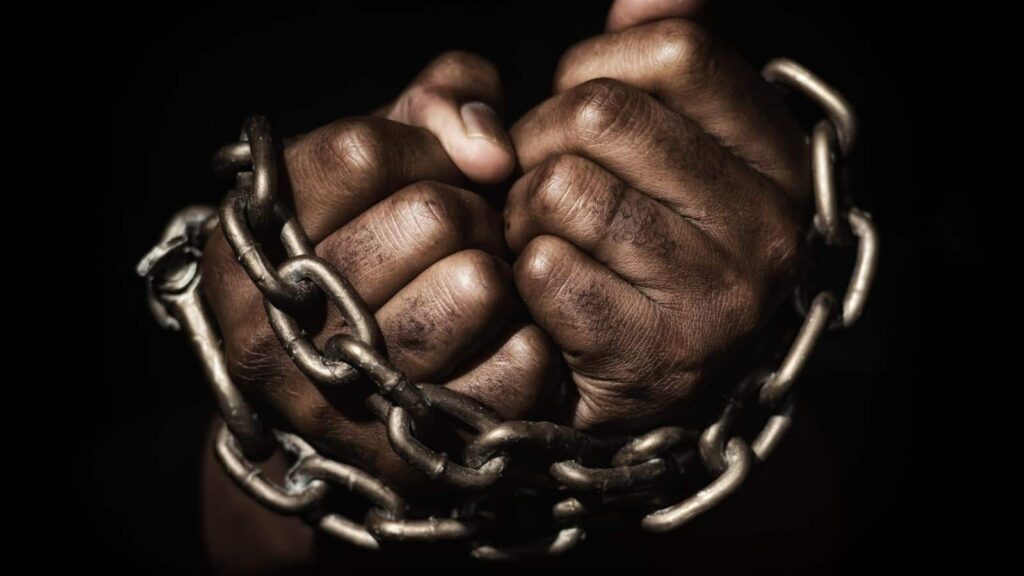
Now used to express betrayal, this phrase has a dark history. It refers to the barbaric practice of selling enslaved people down the Mississippi River, often to harsher conditions in the Deep South.
“Basket Case”

Originally used to describe soldiers who had lost all their limbs and had to be carried in a basket, it now means someone who is mentally unstable and thus trivializes serious health conditions in a demeaning way.
Learning to Do Better

Recognizing these phrases' origins helps us understand the subtle ways that language can perpetuate harmful stereotypes. By choosing our words more carefully, we can contribute to a more respectful and inclusive society.
30 Traditional Sayings That Are Now Considered Offensive by Woke Culture

30 Traditional Sayings That Are Now Considered Offensive by Woke Culture
21 Habits Often Associated With Having a Lower Social Status

21 Habits Often Associated With Having a Lower Social Status
25 Social Issues Gen Z are Determined to Cancel

